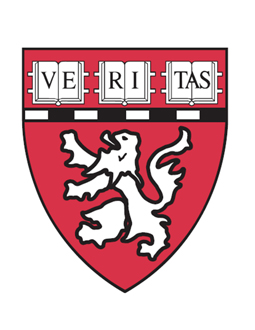


Some answers to common questions about getting a Ph.D. (Spanish Version)
Admission to Ph.D. programs in Biology or Neuroscience
Frequently asked questions
1. Which universities should I apply to?
In the US (and in many other countries too), there are plenty of excellent universities. In the specific domain of Computational Neuroscience, the following universities offer excellent graduate programs: Harvard University, Massachussets Institute of Technology (MIT), California Institute of Technology (Caltech), UCSF, UCSD/Salk Institute, Rockefeller University, Stanford University, Columbia University, NYU, UC Berkeley, Yale, Brandeis University and many others. This is by no means an exhaustive list.
2. What are the requisites to be admitted to a Ph.D. program?
Information about specific requisites for each program can be found in the corresponding web pages. In some cases, applications can be filled in on line. There are some common requisites to most universities:
a) GRE (general and specific subject)
b) Recommendation letters
c) Essay
d) For foreign students: TOEFL
e) Transcripts
3. How long does it take to get a Ph.D.?
In contrast to the undergraduate degree or other professional degrees such as law, medicine, etc. there is no clear definition for the duration of a Ph.D. The Ph.D. duration can change dramatically from one university to another, from one department to another, from one mentor to another and even for different students within the same research group.In the US, the average duration is about 5 years. There are cases where students can finish in about 3 or 4 years and there are also circumstances under which a Ph.D. can take 7 years or more. In general, Ph.D. programs are shorter in Europe.
4. What is your opinion about Harvard, MIT, Caltech?
I comment on these universities in particular because I have spent some time in each of them. The three places are excellent for those who enjoy doing research. There are excellent resources to do research. The scientists' imagination is the limit and there are no political, financial or bureaucratic barriers to doing research.
The weather at Caltech is fantastic. This is a much smaller university than MIT or Harvard. I cannot forget to mention that, among many other nobel laureates, Linus Pauling and Richard Feynman worked at Caltech.
MIT and Harvard are really oustanding. The scientific community in Boston constitutes the intellectual Athenas of our times. There is no other place in the world with the scientific concentration of Boston.
5. Is it difficult to be admitted to Caltech, MIT or Harvard?
It is difficult but not impossible. It tends to be harder for foreign students than for american students. For foreign students, the fundamental variables are usual transcripts, GRE scores and recommendation letters. The essay and TOEFL tend to play a secondary role.
6. How many universities should I apply to?
You can apply to as many universities as you wish. The limits are usually given by the high application costs and the work involved in obtaining recommendation letters, writing essays , filling in forms, etc. In general, there is some degree of correlation among the probabilities of being admitted at multiple universities within the same academic level.
7. Which subject GRE should I take?
The one in which you are more experienced. Some programs and departments may request specific subject GREs. In general, any of the following subject GREs are appropriate to enter a Biology/Neuroscience program: Math, Physics, Chemistry, Biology, Computer Science, even Psychology.
8. When should I apply?
Most universities have specific and rather strict deadlines for applications. Due to the enormous work on our side involved in the admissions process, these deadlines are not too flexible. It is convenient to check these deadlines and plan accordingly. In particular, standard tests such as the TOEFL or GRE can only be taken on specific dates and it takes a while to process the results. You should plan ahead so that the universities can receive all the application materials on time.
 |
 |
 |
 |
 |
 |
 |
HOME . PUBLICATIONS . COURSES